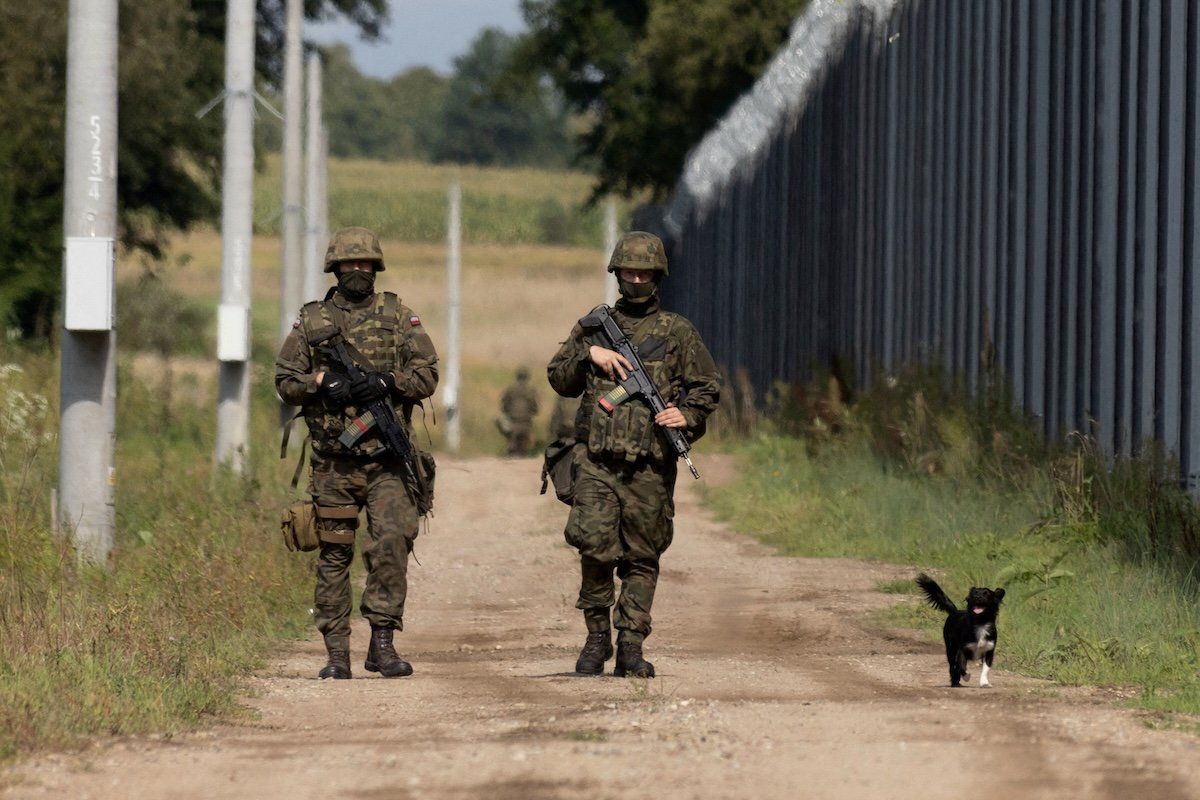The Eastern front isn’t taking any chances. Faced with cyberattacks, arson attempts, and a migrant crisis manufactured by Minsk, Poland said Monday that it will spend US$2.5 billion on the Shield-East system to beef up its 700-kilometer eastern border with Russia and Belarus. Construction is to be completed by 2028. Shield-East will include anti-drone towers, anti-tank barriers, bunkers, and space for potential minefields, designed to deter possible aggression by Russia.
Polish Defense Minister Wladyslaw Kosiniak-Kamyszdescribed it as “… the largest operation to strengthen Poland’s eastern border, NATO’s eastern flank, since 1945.” Shield-East will be part of a regional defense infrastructure built jointly with neighboring NATO nations Lithuania, Latvia, and Estonia.
With over 4% of its GDP already allocated to defense, Poland is also seeking financial support from the European Union to strengthen the 27-member bloc’s eastern border. The Shield-East announcement comes just two weeks before elections to the European Parliament, in which Poland’s Foreign MinisterRadoslaw Sikorski accused Russia of interfering to “destabilize Europe” – and his country’s security.
Also watching those elections will be newly reelected Lithuanian President Gitanas Nausėda, who defeated Prime Minister Ingrida Šimonytė with 74.5% in Sunday’s vote. A moderate conservative, Nausėda is a strong supporter of Ukraine and has provided safe haven to refugees fleeing Belarusian and Russian repression. In his victory speech, Nausėda highlighted the country's alignment with allies including the US, Germany, and Poland, with whom his country also shares a 104-kilometre border, the scene of joint military drills in April of this year.